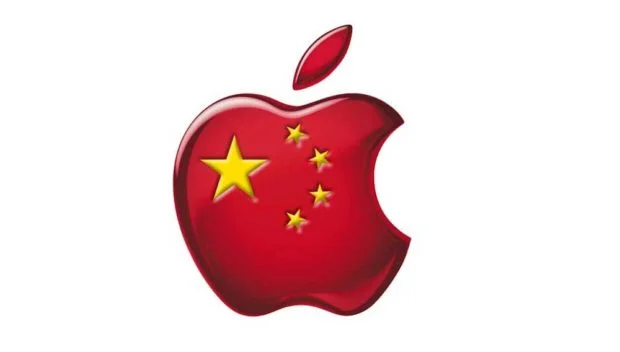FCC Commissioner Says Net Neutrality Debate Is ‘All Over,’ Real Threat Is Big Tech

Federal Communications Commissioner (FCC) Brendan Carr expressed doubts about a return to previous net neutrality rules, arguing that the central danger to free expression on the internet came from major online tech companies rather than internet service providers.
“If I were being cynical, it’s all over except for the yelling and the fundraising,” Carr said at a Thursday luncheon hosted by the Media Institute, referring to the net neutrality debate.
Carr expressed doubts that the FCC under the Biden administration would return to a Title II net neutrality framework, in which broadband networks are regulated as common carriers.
“It’s such an old debate,” Carr said. “In terms of no blocking, no throttling, I don’t think there’s a lot of controversy there.”
Former FCC Chairman Ajit Pai rolled back Title II net neutrality regulations in late 2017, much to the chagrin of activists and Democratic members of the commission. However, many of the scenarios predicted by net neutrality proponents, such as widespread blocking or throttling of content by internet service providers, have not come to fruition.
“The blocking of URLs and the throttling are taking place at another point in the technology stack,” Carr said. “It’s happening at these large technology companies.”
Carr echoed his previous calls for reforming Section 230 of the Communications Decency Act to incentivize less aggressive content moderation by major tech companies, but was not sanguine about the possibility of a bipartisan solution.
“We need to propose affirmative anti-discrimination requirements on large technology companies,” he said.
Carr also renewed his efforts to force major tech companies to contribute to the Universal Service Fund (USF), which funds programs that provide increased internet access to rural, low-income, and Tribal communities as well as schools, libraries, and certain health facilities. The program has traditionally been funded by contributions from telecommunications service providers, which often pass the cost on to consumers.
Carr has argued that the largest tech companies should foot some of the bill, as they use broadband infrastructure. He said he expected the Biden administration to be open to further developing the plan.
Content created by The Daily Caller News Foundation is available without charge to any eligible news publisher that can provide a large audience. For licensing opportunities of our original content, please contact licensing@dailycallernewsfoundation.org




